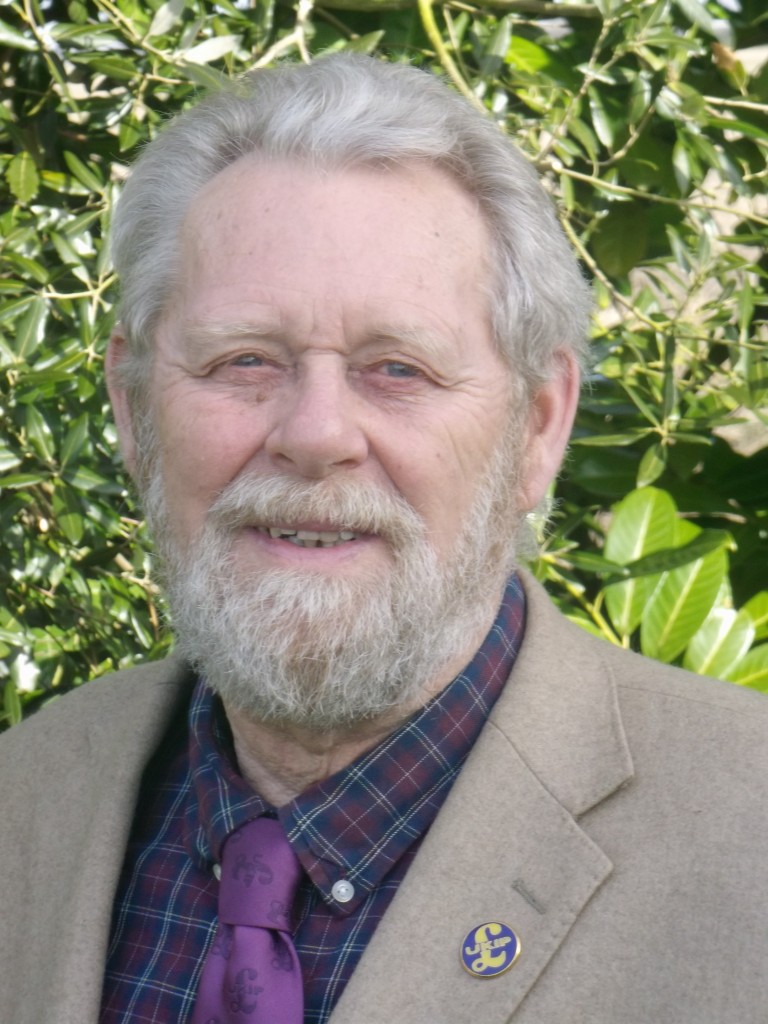A member of South Holland District Council has hit out at its policy, claiming that attracting new business and making improvements to infrastructure should be more important than large housing schemes.
It comes in light of outline planning permission being granted for a 900-home estate in Holbeach.
Coun Paul Foyster was elected to represent Holbeach Town ward on South Holland District Council in May.
Along with council chairman and fellow ward member Francis Biggabdike, he spoke at last month’s council planning meeting in objection to the Manor Farm proposal by Ashley King Developments. Both are members of Holbeach Parish Council, which strongly opposed it.
Coun Foyster said: “We do need development in South Holland, including new homes but in my opinion, encouraging new businesses to start up or move here and infrastructure improvements should be a priority, not huge housing schemes.
“They can certainly come, gradually, at carefully selected locations, as public services improve. There needs to be a reasonable balance and I don’t think we’ve got one.
“As yet I have no idea how this can be achieved, though it should be possible.”
He added: “We are sometimes told that infrastructure is considered when assessing planning applications but there is little evidence that’s true and individual councillors are not encouraged to talk directly to officers who make the recommendations, so it’s hard to judge.
“As far as health services are concerned, even if new facilities are built, I understand it’s very difficult to recruit qualified staff, who don’t want to come to Lincolnshire. This is mainly a matter for the national and local NHS to deal with.”
Coun Foyster is one of two UKIP members on a district council dominated by 28 Conservatives. There are also seven members in the Independent group.
He said: “About ten key portfolio holders, naturally all Conservatives, effectively run the council. Some of the ten have very large portfolios and considerable responsibilities. Presumably this is intended to save money.
“The policy of all councils is strongly driven by central Government, who most of you also voted for. They want a big building programme.
“It is more or less regulated by the system of appeals also run by Government appointed people. Appeals are expensive for authorities who reject applications and then lose. Ratepayers can end up with big legal bills.
“There are also large financial benefits for local authorities, district and county and thus ratepayers when major housing developments are completed. Local councillors do protest about the huge increases in building but, in the end, most vote for them.”
While acknowledging that the council is trying to cut costs through sharing administrative services and generating revenue through schemes such as the new housebuilding company, Coun Foyster claims there is “still much work to be done”.
He said: “The opposition at South Holland District Council, indeed all councillors, do not have an easy task and the new members especially, aided by a very useful training scheme, have a huge learning curve to overcome, especially as right now, the organisation seems to be evolving before our eyes.
“We will keep them open.”






